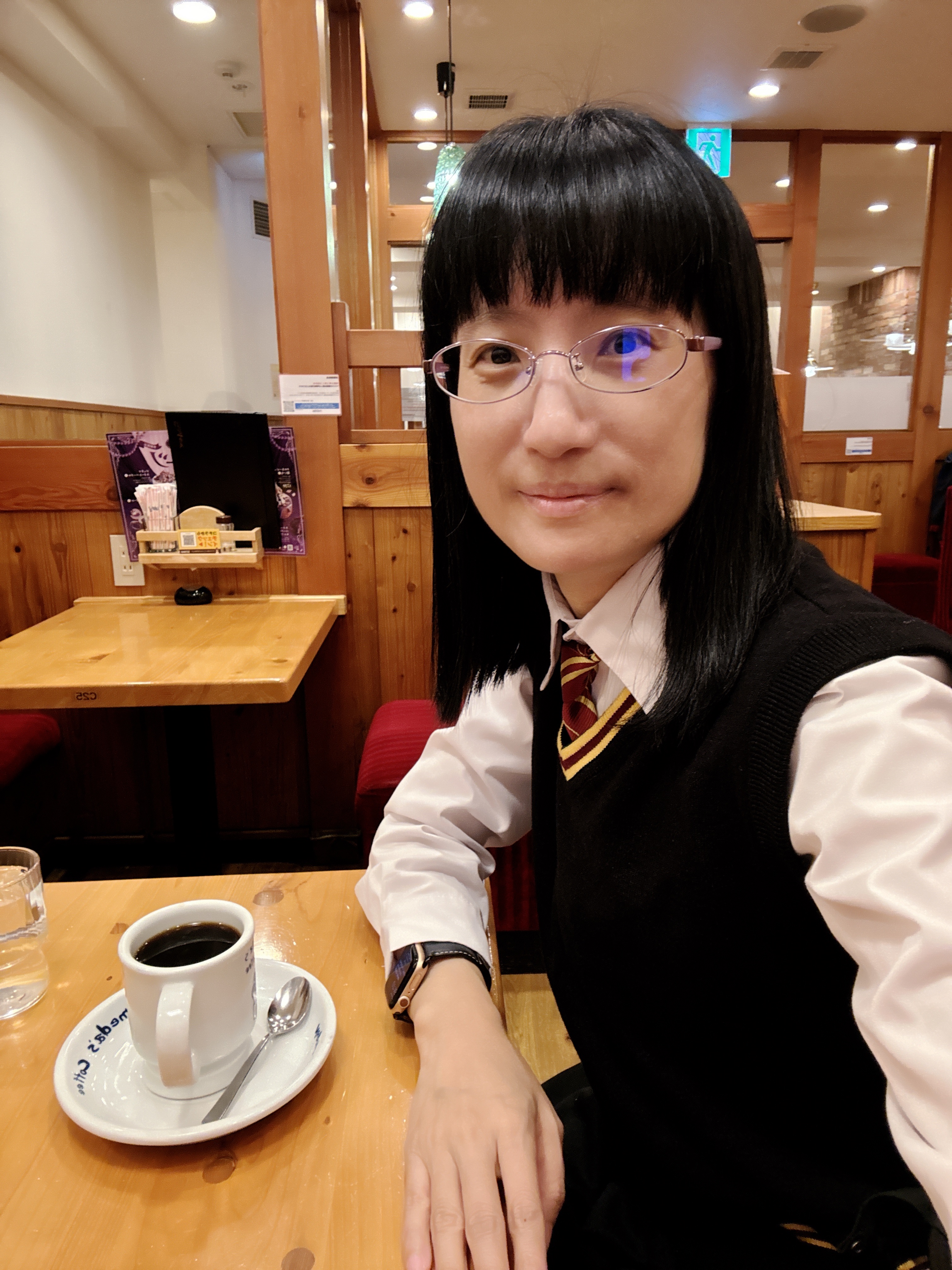
Since obtaining her Ph.D., Dr. Hsieh has joined the Research Center for Testing and Assessment at the National Academy for Educational Research, dedicating her efforts to using empirical data to support curriculum implementation evaluations and future revisions. She has participated in or led several large-scale educational surveys in Taiwan, including Factors influencing the academic performance of new-immigrant children in Taiwan: Individuals, families, and schools, Taiwan Assessment of Student Achievement (TASA), Taiwan Assessment of Student Achievement: Longitudinal Study (TASAL), and Taiwan Assessment of Student English Proficiency (TASEP). Additionally, she has assisted local governments in conducting student ability assessments.
In response to the implementation of the Curriculum Guidelines of 12-year Basic Education, Dr. Hsieh actively develops competency-based test items aligned with the new curriculum's principles, posing real-world questions in authentic contexts and guiding students through scaffolded questioning to solve these problems. Together with research partners, she has led the Competency-Based Item Development Training Program for Primary School Teachers, cultivating two groups of fifth-grade teachers across various counties as seed instructors for competency-based assessments. As we enter the AI era, she has begun applying AI to create assessments that foster higher-order thinking skills, subsequently generating instructional design plans, which have become a focal point of her recent research.
To bridge research with practical teaching, Dr. Hsieh plans to publish “Becoming Your Own Hero - An Interdisciplinary Course in Integrated Reading and Writing” in 2025. This book, featuring 203 student response examples and detailed analyses, is intended to serve as a model for cross-disciplinary instructional design and to guide readers in understanding the intricacies of standards-based assessment. Currently, she is focused on designing curricula for the globally significant area of social and emotional skills and hopes that upon completion, her work will make a meaningful contribution to teaching practices and student learning.